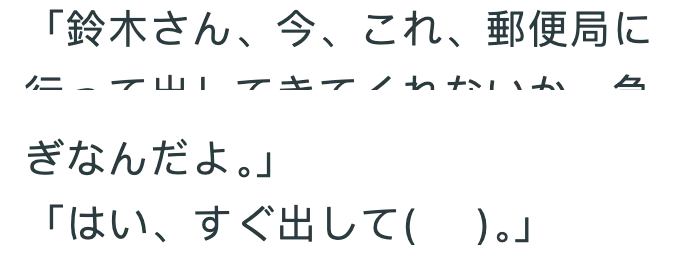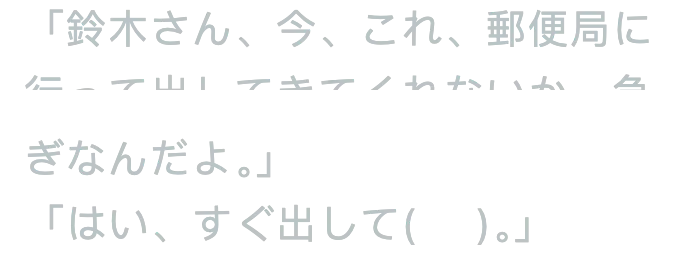21-0034 

21-0034 

- I'm sorry to be so busy, but could you please accept?
- お/ご+动词连用形/三类动词词干+願えませんか:Indicates politely asking the other person to do something.
- Without that usage, the verb て form + よろしいでしょうか is often used to express polite inquiries and requests.
- お/ご+动词连用形/三类动词词干+できる:可以 ...... Can ...... , is an expression of the possible tense of self-effacing language.
22-0035 

22-0035 

- Passengers, look through the left window and you can see Tiananmen Square.
- てまいる: A self-effacing expression of "てくる".
- てくる: indicates a change in action from far to near.
23-0036 

23-0036 

- If there's anything you don't understand, please ask the person in charge.
- おありです:the honorific expression for "ある".
- Onidenaru: honorific expressions for "いる", "行く" and "来る".
- おられる: not used much in daily life, can be regarded as a honorific expression of "いる".
- No such usage
24-0037 

24-0037 

- Do you have your alien registration certificate with you?
- 持ち : Written Nakaton form of "持つ", followed by a verb.
- 持って:It is the て form of "持つ"(て形中顿) in colloquial language, followed by a verb.
- Hold Tare: passive form of "hold" meaning to be taken.
- お持ち:"お+动词去ます形+です" is a fixed expression of honorifics.
25-0038 

25-0038 

- Suzuki, can you go to the post office and mail this (document) for me now? It's urgent.
- Okay, I'll be right there.
- Mairimasu: It is a self-effacing expression for "行く" and "来る".
- もらいます:「V てもらう」indicates that the other party is helping us to do something, or asking for the other party's help to do something.
- いただきます:"てもらう" an expression of self-effacement ...... Do it for me (us) ......
- Kudasamasu: "Vてくださる" is the honorific form of "V てくれる," which means that an elder or superior, etc., does something for us.










